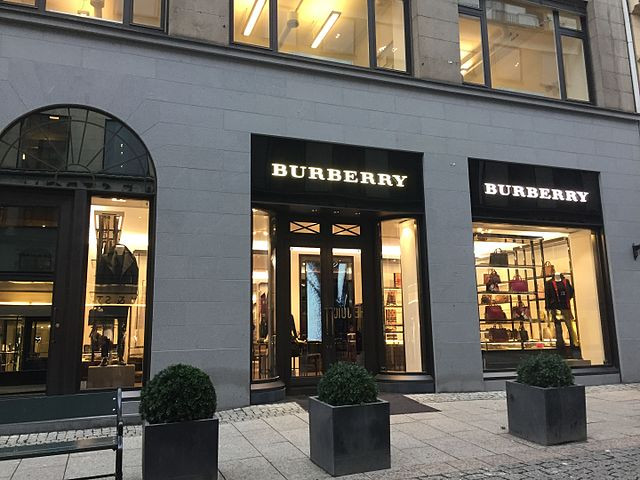Burberry, the iconic British luxury brand, saw its shares plummet 16% on Monday after issuing a profit warning and announcing a significant leadership change. The company has appointed Joshua Schulman, a seasoned executive with prior roles at Michael Kors and Coach, as its new CEO. Jonathan Akeroyd, who had been in the role for just two years, is stepping down immediately by mutual agreement with the board.
The announcement follows a particularly disappointing fiscal first-quarter performance, prompting Burberry to forecast an operating loss for the first half of the year and a full-year operating profit below current consensus. This decision also led to the suspension of the company's dividend.
Gerry Murphy, Burberry's chair, described the company's first-quarter results as "disappointing" and highlighted the challenging luxury market. "The weakness we highlighted coming into FY25 has deepened, and if the current trend persists through our Q2, we expect to report an operating loss for our first half," Murphy stated. He further emphasized the need for the company to take decisive actions, including cost savings, to improve its performance in the second half of the year and strengthen its competitive position.
Burberry reported that comparable store sales fell by 21% in the 12 weeks ending June 29, with retail revenue reaching £458 million ($595 million) for the period. Regionally, sales declined 16% in Europe, the Middle East, India, and Africa (EMEIA), and 23% in both the Asia-Pacific and the Americas.
The company has been struggling with decreased demand across its major markets, impacted by economic uncertainties and a cost-of-living crisis affecting its European and U.S. customers. The economic concerns have similarly affected consumer sentiment in Asia. "We are operating against a backdrop of slowing luxury demand with all key regions impacted by macroeconomic uncertainty and contributing to the sector slowdown," Burberry noted.
Burberry's new CEO, Joshua Schulman, faces the formidable task of turning around the company's fortunes. The company plans to reconnect with its core customer base by rebalancing its product offerings to include more everyday luxury items. Additionally, Burberry intends to refine its brand communications, refresh its website, and implement cost-saving measures.
The leadership change comes amid ongoing efforts to revitalize the brand, known for its trench coats, bags, and distinctive Burberry check. Akeroyd, who previously worked at Versace and Alexander McQueen, had taken the helm in 2021, succeeding Marco Gobbetti, who initiated a five-year turnaround plan in 2017.
Burberry's challenges are exacerbated by a broader slowdown in the luxury goods market. Neil Saunders, managing director at GlobalData Retail, pointed out that Burberry has been on a "long losing streak" with sales and profits. He attributed the disappointing performance to softer demand for luxury goods and the brand's direction under Akeroyd. "There is a sense that Burberry has been on the back foot and that Jonathan Akeroyd's revitalization plans have largely failed to stop the rot," Saunders said. "A course correction has been needed for some time, and Burberry is hoping a new CEO can deliver this."
The company's recent struggles have also been reflected in its stock performance. Before Monday's losses, Burberry's shares had already fallen about 5% in 2024, significantly underperforming the S&P 500's roughly 18% gain over the same period.
Burberry's new strategy includes targeting high-end spenders while offering a broader range of everyday luxury items. The company also plans to launch a new website in August, aiming to attract more customers and enhance its online presence.





